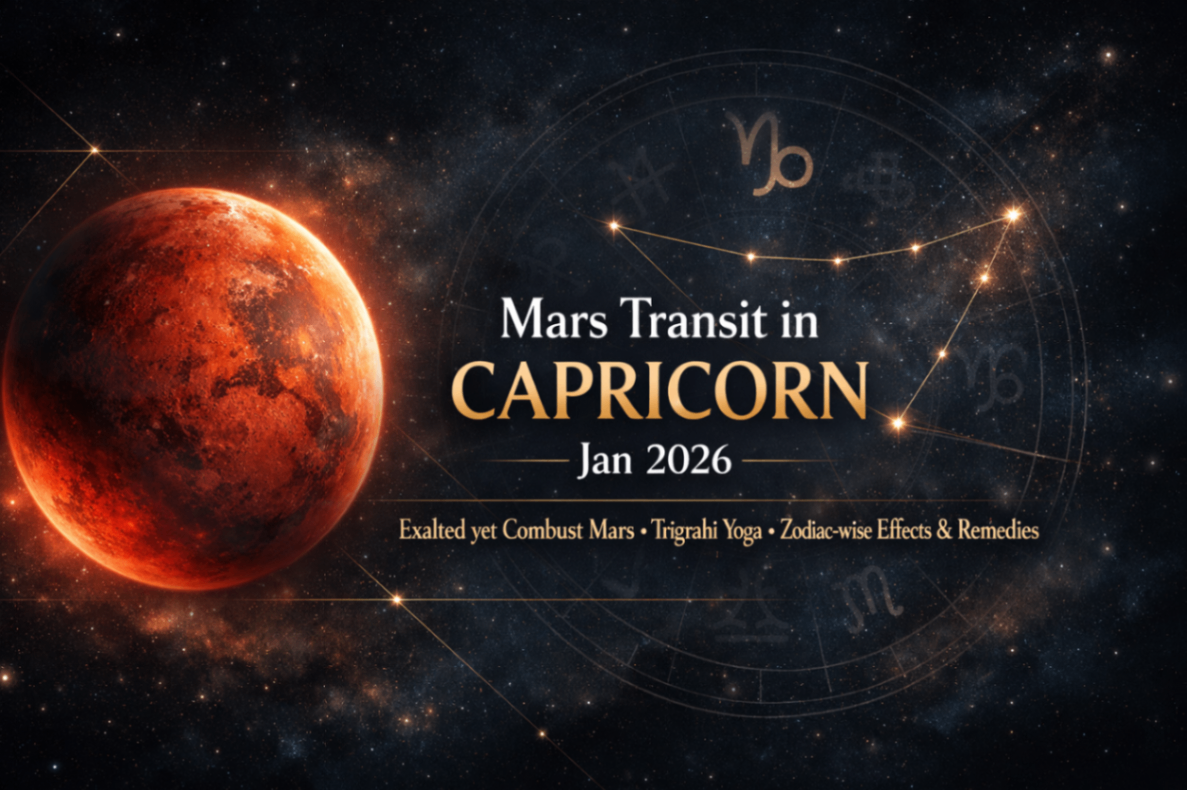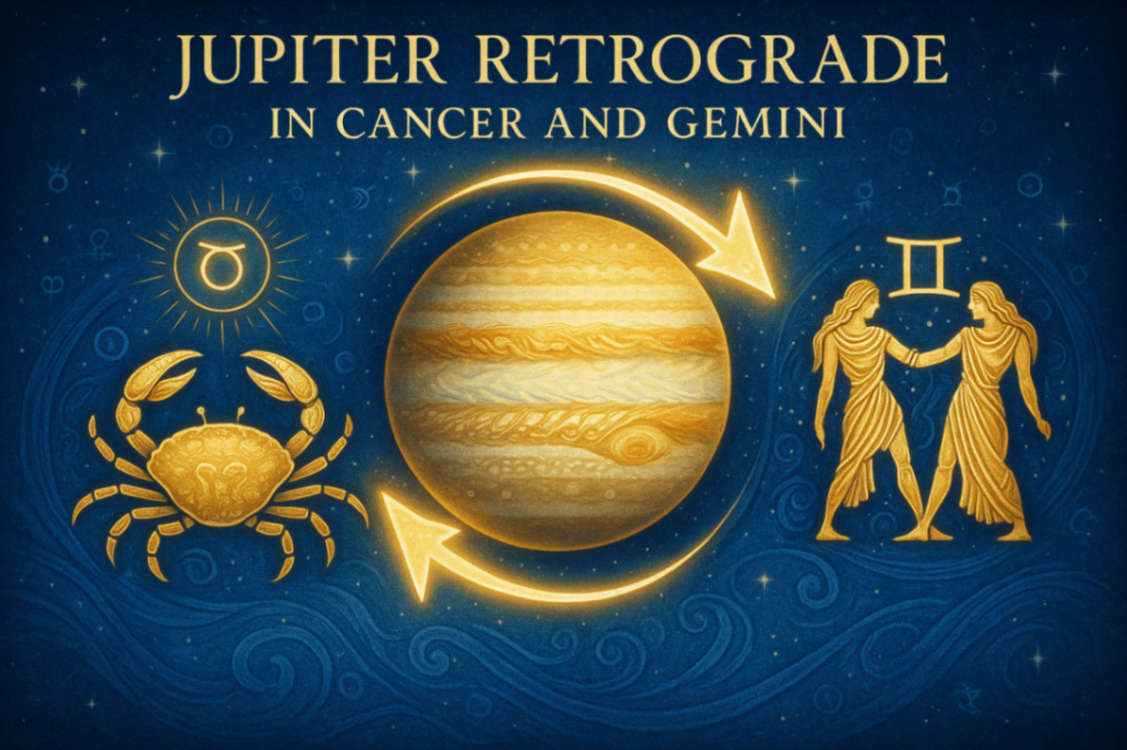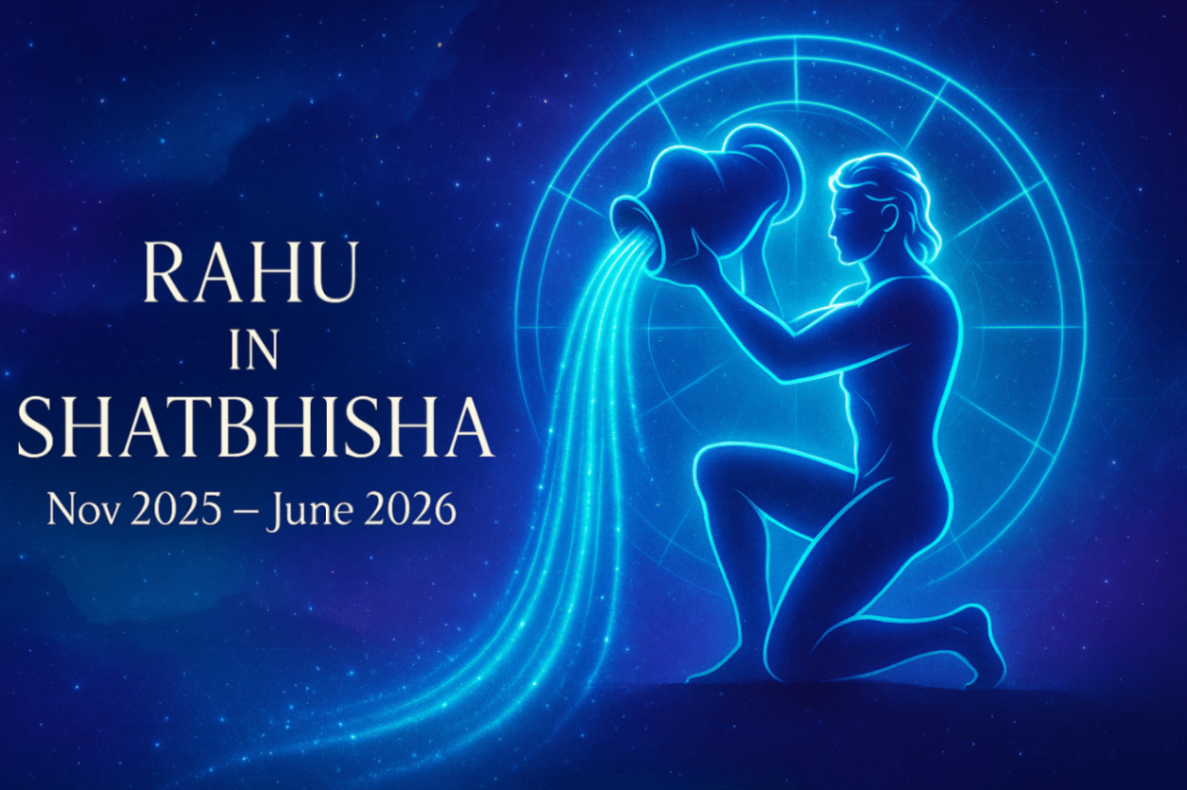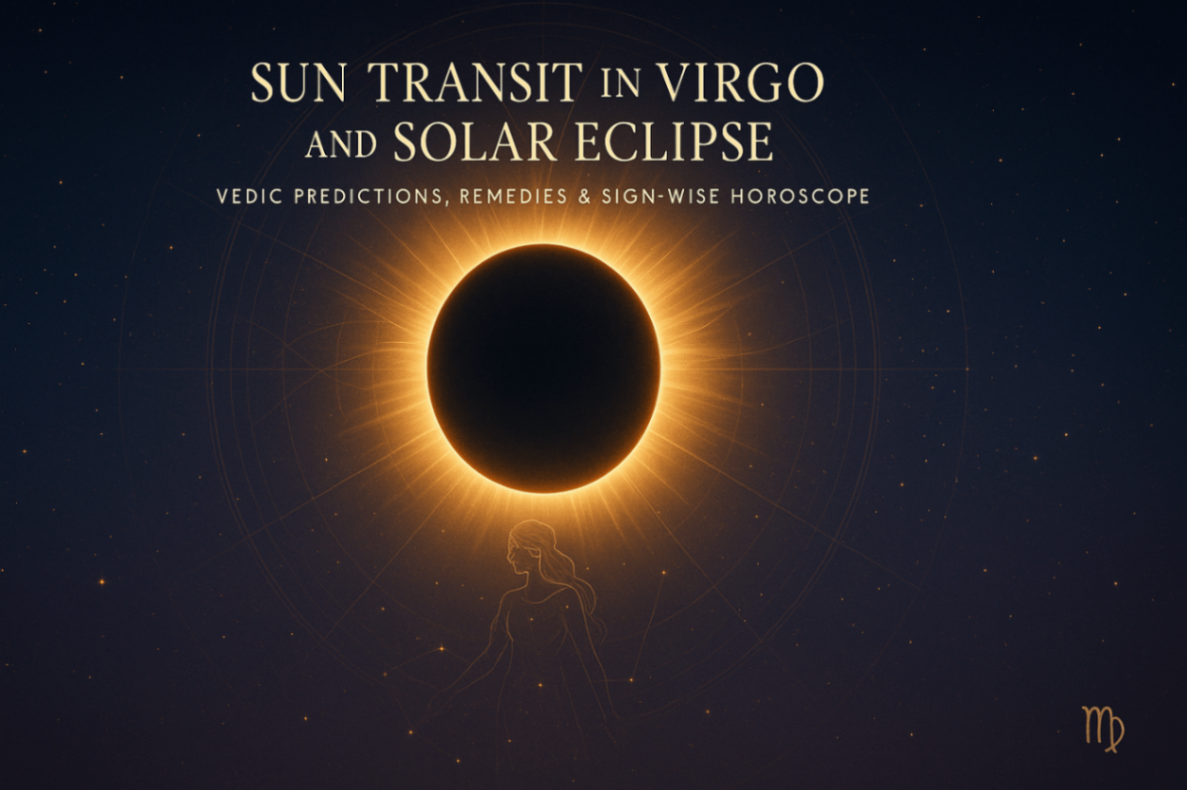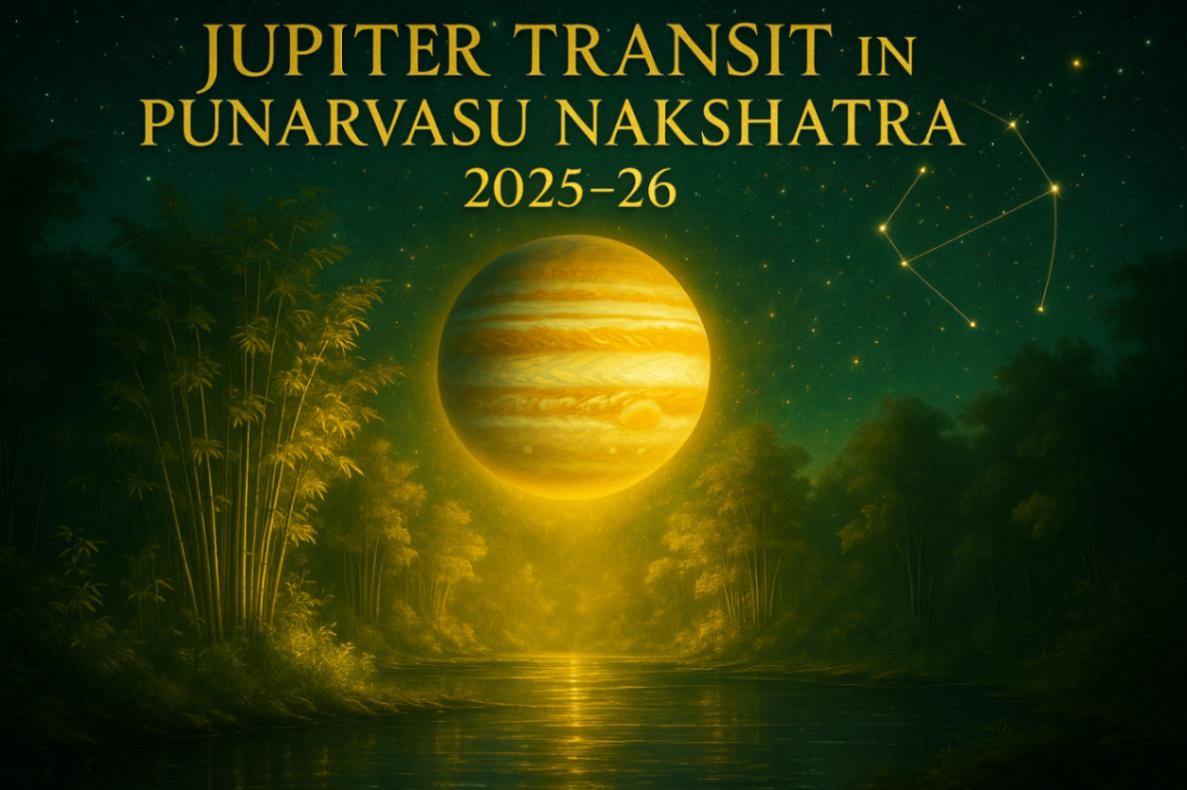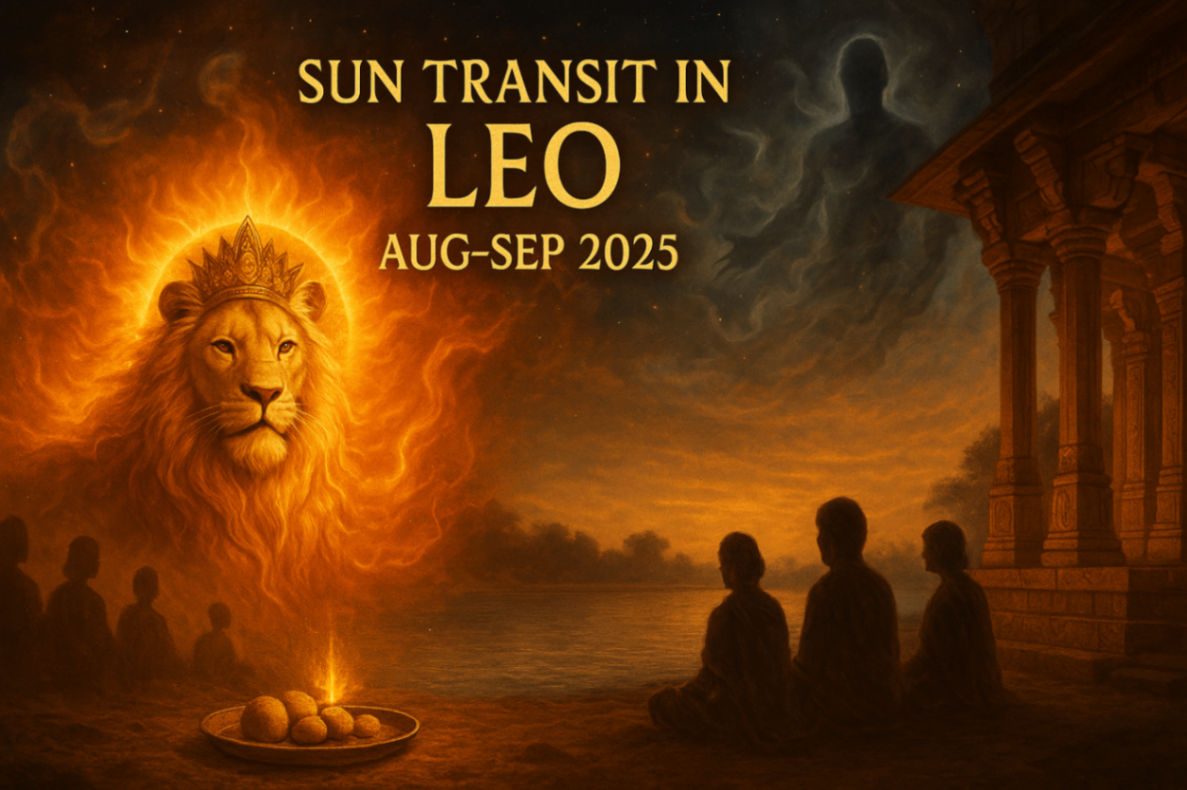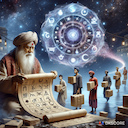Understanding Transit Astrology (Gochar) in Vedic Astrology
In Vedic astrology, the movement of planets, known as Gochar or transit, plays a significant role in determining the effects on human lives. Every individual is curious to know what the future holds, and through various methods, we can gain insights into future events. However, transit has its own unique impact on our lives.
What Are Transits in Astrology?
Transits in astrology refer to the ongoing movement of planets across the zodiac. These movements are mapped against an individuals natal chart, which is a snapshot of the sky at the exact moment of their birth. By studying transits, astrologers can understand how current planetary positions interact with the positions in the natal chart, influencing various aspects of life.
The Importance of Birth Chart and Transit
Every person has a strong desire to know about future events and their timing based on their birth chart. Astrologers create a framework by analyzing the twelve houses of the birth chart, the planets residing therein, their mutual cooperation, and various other parameters to predict the outcomes in a persons life. The challenging yet crucial aspect in astrology is to accurately determine the timing of future events.
While predicting the future is intriguing, transits help bring these predictions closer to reality. Ancient scholars have described 42 types of Dasha (periods) and explained the results of planetary transits. They also introduced methods like Tajik, Muntha, and Angas to elaborate on planetary movements and their outcomes. In Western astrology, new methods such as Primary Direction, Secondary Direction, Radix System, Carters DwaDasha, Funnells Saptam, and Alan Leos Progressed Horoscope are utilized to effectively determine the timing of events.
The Concept of Gochar
The term Gochar refers to the moving planets. Go means planet, and Char means movement. Planets travel in their respective signs, and based on this, the timing of events in a persons life is indicated. Ancient scholars emphasized the importance of the Moon sign in the birth chart, giving it precedence. The position of planets in these signs determines the results during that period.
Interpreting the Birth Chart
In a birth chart, planets are fixed from birth to death. The positions of planets at the time of birth, their mutual relationships, and their potential results are known through the birth chart. These results are definite for each house, unlike the general predictions made using the Moon sign. This makes the Moon sign secondary in importance.
Many people are not confident about their birth charts, often relying on their names to determine their Moon signs or using the chart to find their sign. Such individuals cannot receive accurate predictions based solely on their Moon sign. Although short-term predictions might be accurate, errors are likely to occur over time. This is because the original planetary combinations in the birth chart cannot be determined without the exact birth details.
The Role of Ascendant in Predictions

Predictions based on the ascendant chart provide a different perspective, which many scholars prefer. They use the ascendant chart to understand planetary positions and make predictions about transits and their effects. The experiences gained through the birth chart make these predictions reliable.
Classical Texts and Gochar
Ancient texts have provided extensive information on transits, such as Gochar Darpan, Bhavarth Ratnakar, Jataka Parijata, and Phaladeepika. These texts, though brief, offer powerful insights into the subject. For instance, when the Sun transits the 3rd, 6th, 10th, and 11th houses, it brings wealth, fame, respect in the royal court, success in all endeavors, good intellect, and happiness from relatives and others.
Effects of Various Planets in Transit
Each planets transit through different houses yields different results. Understanding these effects is crucial for interpreting transit charts and predicting outcomes.
Suns Transit
When the Sun transits the 3rd, 6th, 10th, and 11th houses from the Moon sign or ascendant, it brings positive results like wealth, fame, and success. However, in other houses, it may cause obstacles or challenges.
Moons Transit
The Moon in the 1st, 2nd, 3rd, 6th, 10th, and 11th houses brings wealth, meetings, increased intellect, and devotion to Brahmins and deities. However, in the 4th, 5th, 8th, and 12th houses, it can lead to loss, injury, or imprisonment.
Mars Transit
Mars in the 3rd, 6th, and 11th houses provides benefits like cattle, land, gold, garments, destruction of enemies, royal favor, and physical well-being. However, when Mars is in the 1st, 2nd, 4th, 5th, 7th, 9th, and 10th houses, it indicates travel, disputes with friends, and other challenges.
Mercurys Transit
Mercury transiting the 2nd, 4th, 6th, 8th, 10th, and 11th houses brings gains, fortune, happiness, mental joy, and increase in wealth. Conversely, in the 1st, 3rd, 5th, 7th, 8th, and 12th houses, it results in travel, discomfort, loss of wealth, opposition from family, and sorrow.
Jupiters Transit
Jupiter in the 2nd, 5th, 8th, and 11th houses brings benefits from buying and selling, increased prestige, intellect, wealth, happiness, and property. In contrast, in the 1st, 3rd, 4th, 6th, 8th, 10th, and 12th houses, it brings illness, foreign travel, and disputes with friends.
Venus and Saturn in Gochar
Venus Transit
Venus transiting the 1st, 2nd, 3rd, 4th, 5th, 9th, 11th, and 12th houses results in meetings with relatives, happiness in family, and other positive outcomes. However, when Venus is in the 6th, 8th, and 10th houses, it leads to illness, sorrow, work disruptions, and opposition from women.
Saturns Transit
Saturns transit in the 3rd, 6th, and 11th houses brings comfort, gain of gold and silver, victory with the help of friends, and acquisition of wealth and property. It is considered an excellent time for government jobs. However, Saturn in the 1st, 2nd, 4th, 8th, and 12th houses, particularly in the North Indian regions, is known as Panauti or Panchami Shani in Karnataka, and brings significant challenges such as financial loss, debt, or property destruction.
Influence of Rahu and Other Planets
Rahus Transit
Rahu in the 1st, 3rd, 6th, 9th, 10th, and 11th houses leads to marriage, enjoyment with more than one woman, the possibility of a second marriage, and the birth of a son. However, when Rahu is in the 2nd, 4th, 5th, 9th, and 12th houses, it can bring severe difficulties or even death.
Understanding the effects of various planets in different houses can help individuals navigate through challenging times. For example, the Panchami Shani or the transit of Saturn over the 4th and 5th houses in Karnataka is considered more feared than the Sade Sati, which is the transit over the 12th, 1st, and 2nd houses.
The Influence of Planetary Aspects in Predictions
The effects of transits are further influenced by planetary aspects. Favorable aspects can enhance the positive outcomes of a transit, while unfavorable aspects can diminish them. The interaction between natal planets and transiting planets through aspects such as conjunctions and oppositions highlights the importance of considering both the natal and transiting positions in predictions.
Understanding Natal Chart Transits
A natal chart is a celestial snapshot of the planetary positions at the moment of birth. Natal chart transits occur when the current positions of planets interact with the positions in the natal chart. These interactions can trigger events, emotions, or changes in an individuals life. By studying natal chart transits, astrologers can provide personalized insights and predictions.
Transit Chart Analysis
A transit chart is a tool used to map the current positions of planets in relation to an individuals natal chart. This chart helps astrologers identify which areas of life may be affected by planetary movements. For instance, a transit of Jupiter over the natal Sun could indicate a period of growth and optimism.
Western Astrology and Transit Analysis
Western astrology also emphasizes the importance of transits. Notable Western astrologer Alan Leo, in his work on progressed horoscopes, discusses the significance of annual charts. Before making any predictions or calculating the timing of events, an annual chart needs to be prepared, considering the transits of planets.
Primary and Secondary Directions
In Western astrology, techniques like Primary Direction and Secondary Direction are used to predict life events. Primary Directions involve advancing the planets positions by one degree per year of life, while Secondary Directions advance the planets by one day per year of life. These methods help astrologers understand how the progression of time influences an individuals life events.
What Is Transit Astrology?
Transit astrology is the study of how the current movements of planets affect an individuals natal chart and life experiences. By analyzing transits, astrologers can forecast potential opportunities, challenges, and themes that may arise. This predictive tool is essential for both personal growth and making informed decisions.
The Role of the Moon Sign in Transits
The Moon sign represents an individuals emotional nature and subconscious patterns. In transit astrology, the Moons transits can trigger emotional responses or shifts in mood. Since the Moon moves quickly through the zodiac, its transits often signify short-term events or feelings.
Understanding Sade Sati

One of the most significant transits in Vedic astrology is the Sade Sati, a period of approximately seven and a half years when Saturn transits over the natal Moon and the houses before and after it. This period is believed to bring challenges, delays, and hardships, but also opportunities for growth and self-discipline.
Navigating Transits for Personal Growth
By understanding transits, individuals can better prepare for upcoming changes and harness planetary energies for personal development. For example, a challenging transit might be an ideal time to focus on self-improvement, while a favorable transit could be used to start new ventures or relationships.
The Importance of Free Will

While transits provide valuable insights, its essential to remember that astrology does not dictate fate. Individuals have free will and can choose how to respond to the influences of planetary movements. Astrology serves as a guide, offering awareness and understanding to make empowered choices.
Practical Applications of Transit Astrology
Career Planning: Identifying favorable transits can help in making career decisions, such as seeking promotions or changing jobs.
Relationship Insights: Understanding how Venus and Mars transits affect personal relationships can improve communication and intimacy.
Health Awareness: Transits involving the Sun or Saturn may highlight periods where health needs extra attention.
Conclusion
In conclusion, understanding the effects of planetary transits on our lives requires a thorough analysis of both natal charts and transiting positions. Whether in Vedic or Western astrology, the movement of planets offers valuable insights into the timing and nature of events. By integrating ancient knowledge and modern techniques, astrologers can provide more accurate and meaningful predictions.
Join us on this journey to explore the fascinating world of Vedic astrology.






